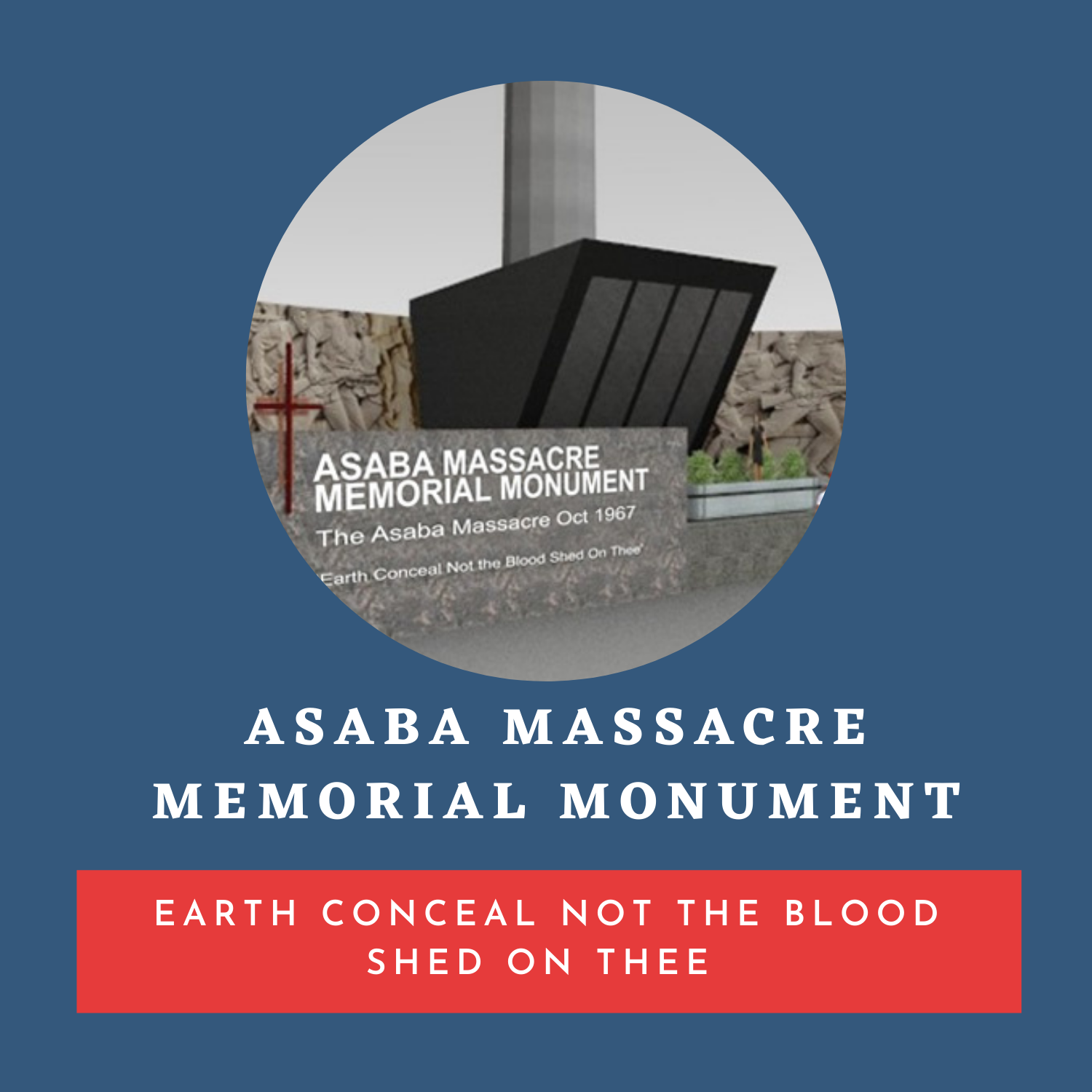Publications
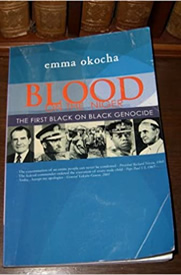
Blood on the Niger: The First Black on Black Genocide,
The Untold Story of the Asaba Massacre in the Nigerian Civil War PaperbackJanuary 1, 2006
by Emmanuel “Emma” Okocha (Author)
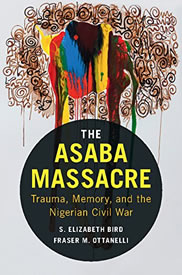
The Asaba Massacre: Trauma, Memory, and the Nigerian Civil War.
We are excited to announce that our book is about to be published. The book, will be published by Cambridge University Press on Aug. 31, 2017, just a few weeks before the 50th anniversary of the massacre at Ogbe-Osowa, Asaba.
Table of Contents
List of illustrations
List of maps
Acknowledgements
Prologue
1. The road to war and massacre
2. What happened at Asaba
3. Causes and consequences
4. Surviving the occupation
5. Reclaiming memory in an age of new media
6. Trauma, identity, memorialization, and justice
Sources consultedBy: S. Elizabeth Bird & Fraser Ottanelli
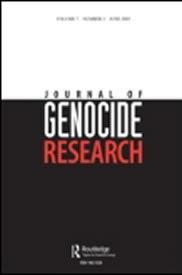
The Asaba massacre and the Nigerian Civil War: Reclaiming Hidden History
By: S. Elizabeth Bird & Fraser Ottanelli
Published online: 21 Aug 2014.This article explores the consequences of a massacre of civilians in Asaba,
a town on the west bank of the River Niger, during the early stages of the Nigerian civil war. While ethnically Igbo, Asaba was not part of the Igbo-dominated Biafra, remaining part of the ethnically diverse midwest region.
In the international memory of the war, the midwest action, which
claimed several thousand lives, has been eclipsed by the catastrophic events east of the Niger, after the federal blockade of Biafra.
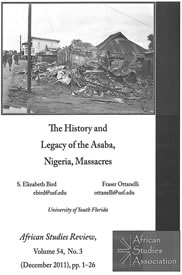
The History and Legacy of the Asaba, Nigeria, Massacres
By:- S. Elizabeth Bird & Fraser Ottanelli
Introduction: the October massacres
In October 1967, a few months into the Nigerian civil war, federal troops entered
Asaba, a small town on the west bank of the River Niger, in pursuit of the retreating Biafran army. Over the next few days, at least a thousand civilians were killed, and the town was left in ruins. News of the atrocities was suppressed by the federal government and, consequently, subsequent histories of the war barely mention the
massacre.
1. In an earlier article, drawing on three years of interviews with survivors and
witnesses of the killings, pillaging, and rapes, we reconstructed the history of
the Asaba massacre, using their accounts and available archival sources.
2. In so doing, we aimed to describe the details of the events that unfolded over a few weeks, while suggesting longer-term consequences. In this new article, drawing on additional interviews and sources, we focus more centrally on the short- and the long-term impact of the Asaba killings, providing new insight into the nature of the war as well as into the legacy of ethnic suspicion that continues to reverberate in Nigeria today.
